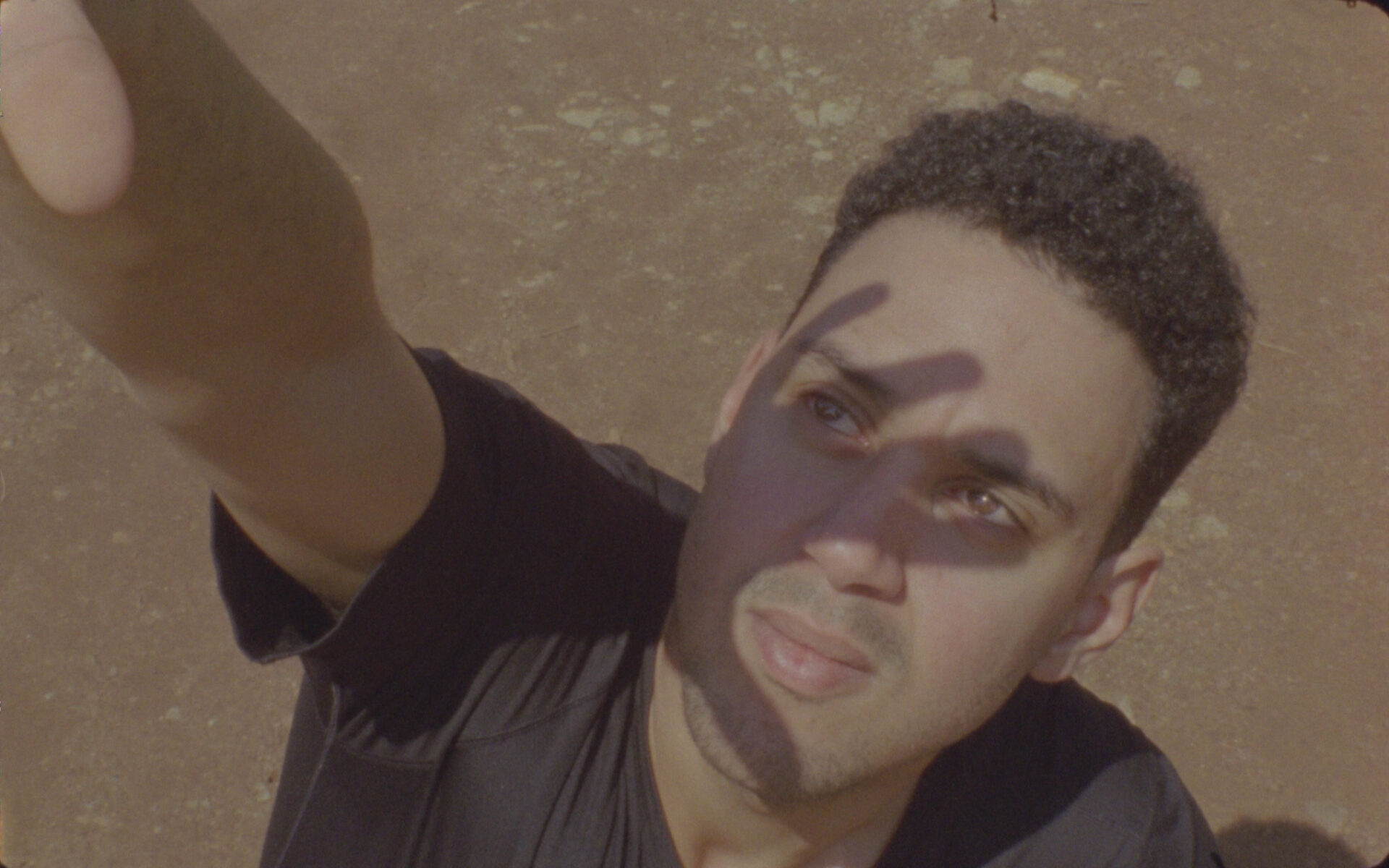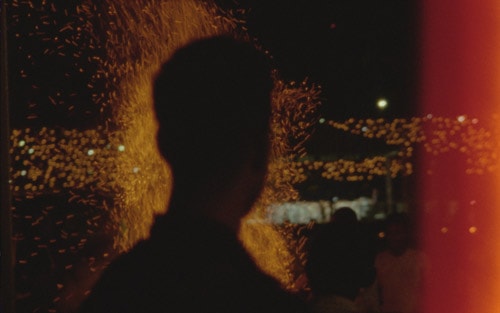Sébastien Desrosiers, a half Rwandan half Canadian journalist, grew up without his father. At 28, he meets him for the first time in Montreal, and their union is the final push he needs to embark on a long-planned journey to his other homeland, his ancestral one. There he seeks to learn about his family and his country’s history, both of which are horrifyingly entangled with one of the deadliest genocides in modern history. In Ndagukunda déjà (I Love You, Already), Desrosiers joins forces with S/W alum David Findlay (Found Me, Lay Me By the Shore) to craft a deeply personal documentary short film that captures his quest to discover his heritage.
Findlay and Desrosiers already shared a friendship when the latter found his father, “after years of questions and research”. Serving as a galvanizing moment, Desrosiers decides to go to Rwanda in 2019—25 years after the end of the Rwandan genocide—and invites Findlay to tag along while he, “walked in the footsteps of his father, in quest of answers.” Produced with no money, the film was mostly shot on Findlay’s Bolex film camera, utilizing DP, Brock Newman’s, glidecam.
“…the film would also depict “the trickle down effects of mass violence against a group for the generations that follow”
Animated by their “desire to discover the country and Seb’s story” as Findlay puts it, they set off to Rwanda unsure of what the film would turn into. However, they knew that they would explore themes of identity, and family, and that the film would also, necessarily, depict “the trickle-down effects of mass violence against a group for the generations that follow”. With that canvas, the film has at its core an emotionally compelling story that is visually brought to the screen through a poetic yet realistic lens.
Many viewers will discover Rwanda alongside Desrosiers through the images of the film. Stories set in the country are rare outside of it, and the splendid images of the film not only show us the land and people in a travelogue fashion but also, crucially, Desrosiers as he is discovering it. As he shares his story of attempting to connect to his ancestral land, the context of his life until that point slips out—his relationship to his own identity as “the black friend” in Canada contrasting to his newfound status as a “muzungu” in Rwanda. Seeing the film through his eyes is quite moving, as he attempts to learn as much as possible.
The filmmaking recreates Desrosiers’ state of mind as he is on this journey of discovery. Both the visual flair, and the choice to have the father’s narration as the backbone of the film, create a stylization that embeds the perspective of the film not only in Derosiers’ viewpoint but also mind-state. This care from the team underlines the importance this trip has and will continue to have, in forging an altered sense of identity for Desrosiers, and what a beautiful and happy process that can be.
However, the specter of the country’s genocide hangs throughout the film. When the unavoidable subject arises, as Derosiers learns about his family’s story, the style of the film changes and the aesthetic becomes much more simple—sober, so as to not overpower the gravity of the scenes and to respect Desrosiers’ processing of this weighty information.
Ultimately, the film successfully finds the universality of Desrosiers’ identity quest and packs an emotionally effective punch in documenting both the beautiful reunion moments and the contrasting darker ones, as he acknowledges that expanding his world means taking in the good as well as the bad and that the genocide is a part of who he is too.
Ahead of its online premiere on S/W, Ndagukunda déjà made its way around the festival circuit in 2020 with notable stops at IDFA, RIDM, and Vancouver where it was awarded Best Documentary. Findlay is currently working on a music video with the skateboarder, Austyn Gillette.

 Céline Roustan
Céline Roustan
